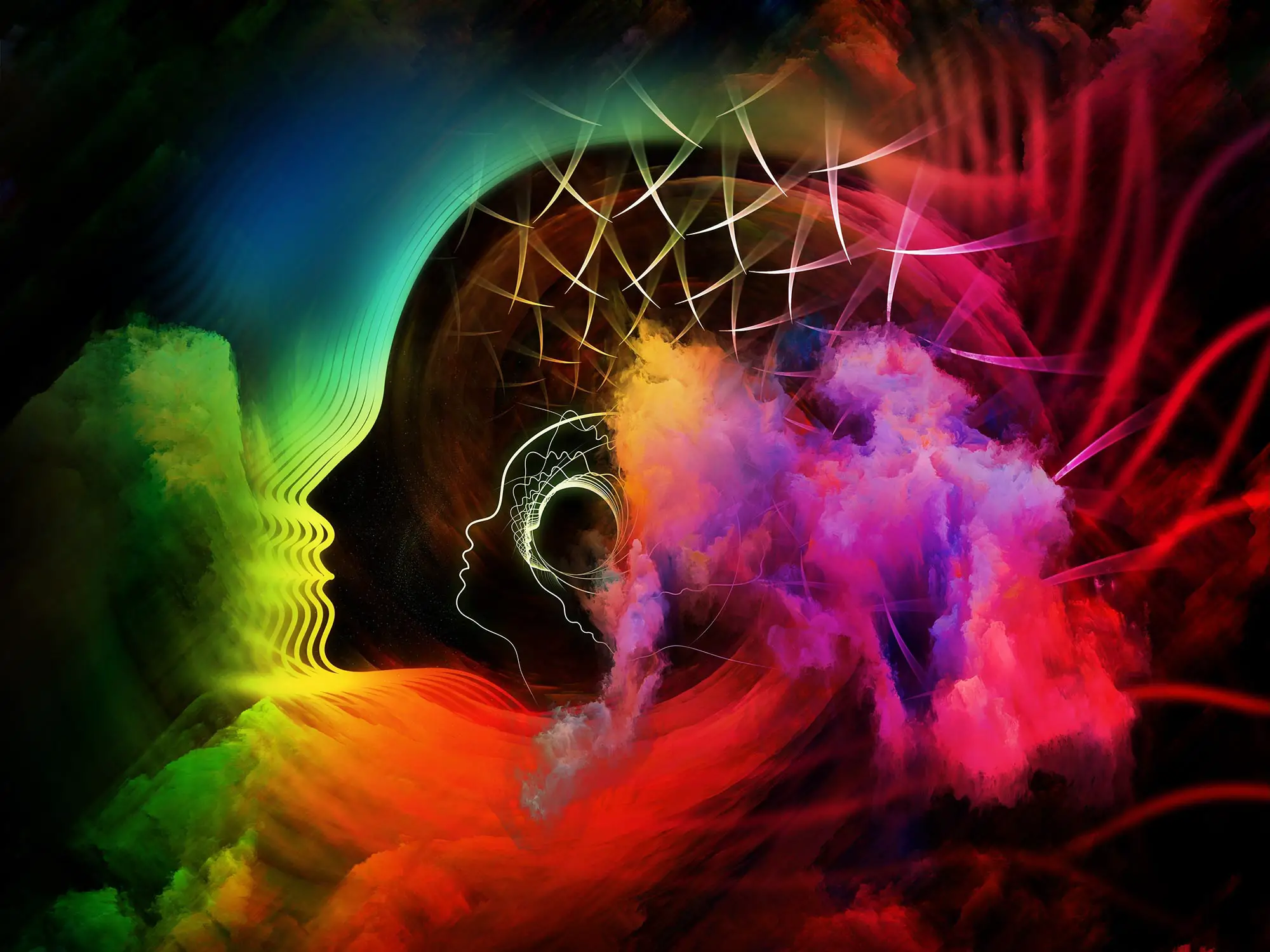Neuroscientists at Columbia Engineering have discovered a special neural mechanism in the human brain that labels information with emotional connotations to improve memory.
Many people remember emotional events like their wedding day clearly, but researchers aren’t sure how the human brain prioritizes such memories. A recently published study Nature Human Behaviorshed some light on this matter. Joshua Jacobs, professor of biomedical engineering at Columbia Engineering, and his team discovered a special neural mechanism in the human brain that tags information with emotional connections to improve recall.
The research team found that high-frequency brain waves in the amygdala, the center for emotion processing, and the hippocampus, the center for memory formation, play a critical role in improving the recall of emotional stimuli. Any disruption of this neural mechanism, caused by electrical stimulation of the brain or by depression, leads to a decrease in the ability to specifically remember emotional stimuli.
When participants encoded emotional words (for example, KNIFE) into memory, rapid brain oscillations increased in the hippocampus and amygdala. However, these rapid oscillations were smaller when they could not encode emotional words or neutral words (eg CHAIR). Credit: Salman Qasim/Columbia Engineering, rendered with Biorender.com
Increasing prevalence of memory disorders
The increasing prevalence of memory disorders such as dementia has highlighted the detrimental impact of memory loss on individuals and society. Disorders such as depression, anxiety, and post-traumatic stress disorder (PTSD) can also be characterized by an imbalance in memory processes, and these have become increasingly common during the COVID-19 pandemic. Understanding how the brain naturally regulates which information is prioritized for storage and which is lost can provide important information for developing new therapeutic approaches to enhance memory for those at risk of memory loss or normalize memory processes in those at risk of disorganization.
“You remember emotional events like the birth of your baby more easily than other events that happened at the same time,” says Salman E. Qasim, lead author of the study and who started the project during his PhD. In the Jacobs lab at Columbia Engineering. “It’s clear that the brain has a natural mechanism for reinforcing certain memories, and we wanted to pinpoint that.”










:quality(85)//cloudfront-us-east-1.images.arcpublishing.com/infobae/NYYT4BCGPBF6LPZXSSLW47XAWM.jpg)



